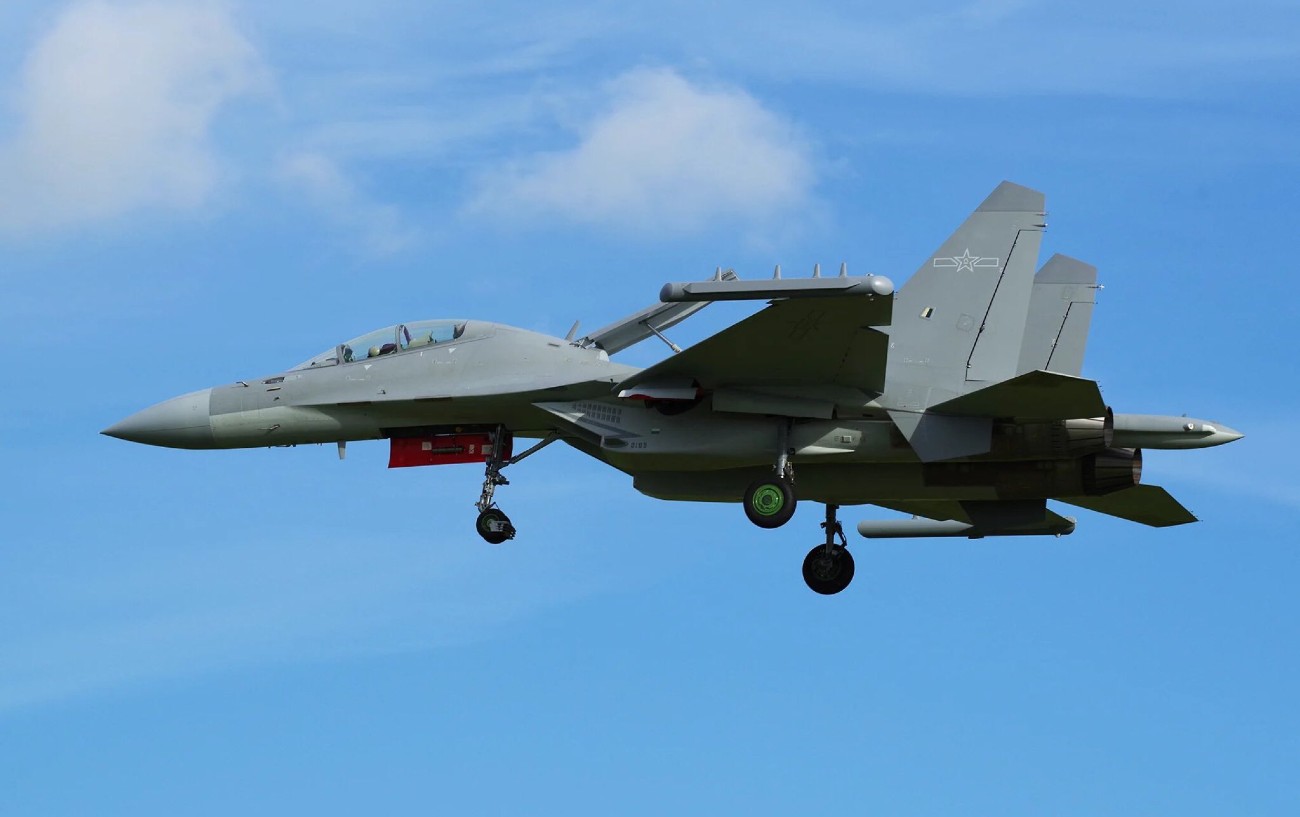In a major technological leap, a team of scientists from China has claimed to have revealed the design of a groundbreaking electronic warfare weapon that could reshape the dynamics of future military operations.
The innovative weapon, detailed in a peer-reviewed paper published in the Journal of the University of Electronic Science and Technology of China, is designed to launch multiple focused beams of electromagnetic waves from a single antenna, reported Chinese media, SCMP, based in Hong Kong.
This technology enables the simultaneous targeting of objects in the air, water, or on the ground, potentially causing disruptions to their operations.
The report claimed that laboratory tests on a miniaturized version of the weapon have yielded impressive results and demonstrated its ability to operate at high power and emit electromagnetic waves across a broad frequency range.
Notably, the weapon can effectively counter anti-jamming techniques, including sophisticated measures like frequency hopping, which provides a significant advantage in electronic warfare.
The research team believes this new technology marks a turning point in warfare dynamics. The published paper predicts a future characterized by increasingly fierce competition in the electromagnetic spectrum battlefield.
It foresees scenarios where nations, especially those less advanced, may lose control of the electromagnetic spectrum before losing territorial ground, ultimately leading to the loss of air and sea control.
The researchers argue for the necessity of electronic countermeasure systems equipped with multifunctional, multi-target capabilities to navigate high-intensity confrontational environments.

This represents a departure from conventional electronic warfare equipment presently in use, such as those deployed on fighter jets like “the US F-15 and F-16 or Russian MiG-27 and MiG-29 fighter jets.”
While not elaborating on the reasons for disclosing the technology in the paper, the researchers emphasize its “extensive application prospects” in radar, communications, and electronic countermeasures.
This development adds to the growing body of Chinese scientific contributions to military technologies, including drones and hypersonic weapons, reflecting the country’s rapid advancements in the hi-tech industry.
Electronic Warfare Weapon Systems
The significance of electronic warfare weapons has been underscored in the ongoing conflict in Ukraine, where Moscow is actively utilizing these technologies to counter drones and missiles fired by Ukrainian forces.
This emphasizes the crucial role that electronic warfare plays in modern combat scenarios, showcasing its effectiveness in neutralizing aerial threats and enhancing strategic defense capabilities.
Yet, only a select few nations, including Israel with its Scorpius-SP pod, have embraced the new generation of electronic warfare technology. Israel’s compact device, roughly the size of an air-to-air missile, has the capability to identify and suppress targets in multiple directions, offering protection for friendly fighter jets.
Lockheed Martin, a United States-based corporation, has also engineered the Multi-Function Electronic Warfare-Air Large (MFEW-AL) airborne electronic pod payload.
This sophisticated system is designed to be adaptable across different platforms and showcase the ability to identify diverse threats in the operational environment.
In October 2023, the company announced the successful test flight of its Multi-Function Electronic Warfare-Air Large (MFEW-AL) airborne electronic pod payload beneath a crewed fixed-wing aircraft.
At the time, the company said that for the first time in decades, electronic warfare (EW) soldiers of the US Army have achieved success in a series of airborne EW operations, effectively countering a range of threat emitters.
The system, described as a singular, self-contained, airborne electronic warfare pod, is versatile in its application and can be seamlessly equipped on various aircraft depending on specific mission requirements.
Meanwhile, the report said that the technological approach taken by the Chinese scientists appears distinctly different, promising a novel control method for enhanced efficiency in countering multiple targets.
The research team introduces an algorithm that addresses computational challenges, potentially opening the door for widespread global adoption of this revolutionary technology.
Nevertheless, the report also pointed out that introducing this new technology will not only bolster China’s military capabilities but will also have the potential to provide smaller nations with a unique opportunity to compete on the global stage by adopting state-of-the-art weaponry.
In a world where electronic warfare plays an increasingly crucial role, unveiling this advanced electronic warfare weapon marks a significant milestone, sparking discussions on the evolving nature of military conflicts and the strategic importance of staying ahead in the electromagnetic spectrum battlefield.
- Contact the author at ashishmichel@gmail.com
- Follow EurAsian Times on Google News